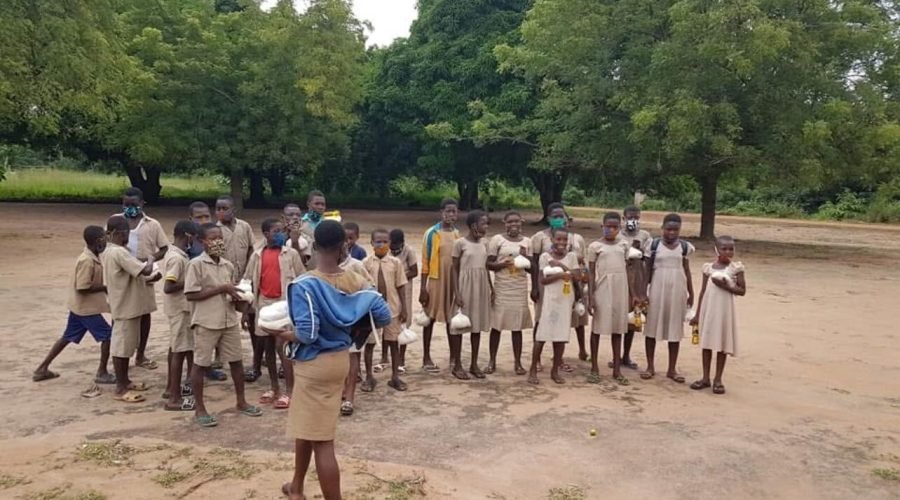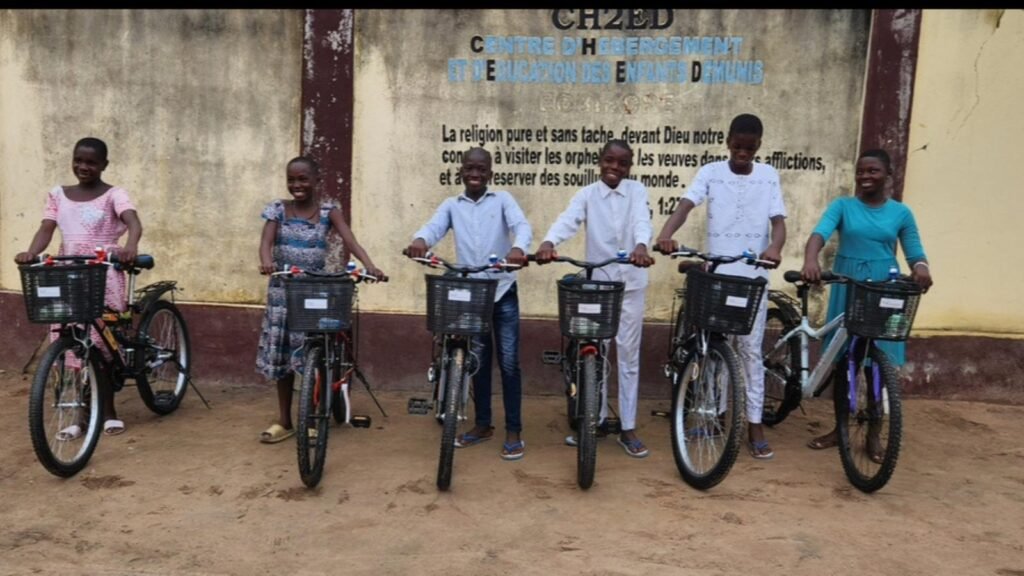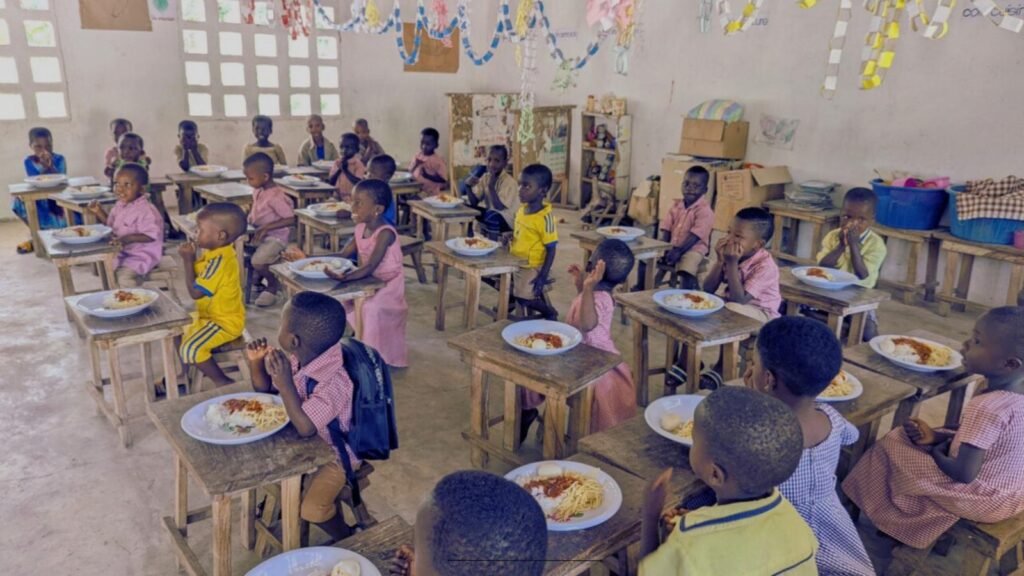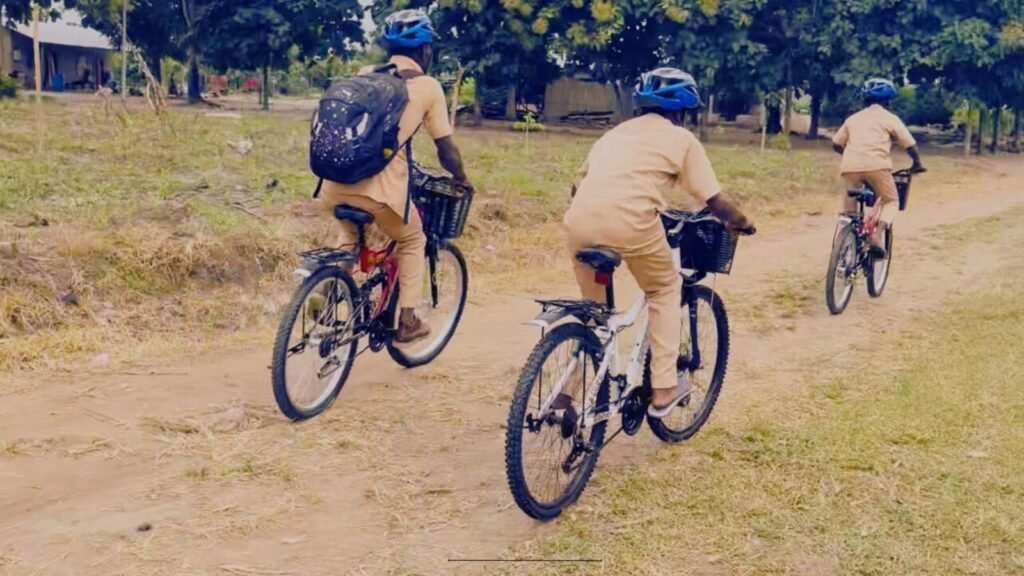At the 2024 African Union Summit, global leaders declared the year a turning point for education across the continent. This bold commitment builds on momentum from the United Nations’ 2022 summit on transforming education; an effort galvanized by the staggering fact that over 90 million African children remain out of school, amid a critical shortage of qualified teachers (UNESCO, 2024).
Africa’s call for educational reform has not gone unheard. Across the continent, nations are taking significant steps to expand access to quality education, despite the persistent challenge of poverty. In Rwanda, for example, a partnership with the World Bank has led to the construction of clean, safe, and inclusive schools, designed to welcome all children, including those with disabilities (World Bank Group). Inspired by this model, Every Child Educated is channeling donations to rebuild deteriorating rural schools in Togo.
Technology is also proving to be a powerful catalyst for change. In countries like Egypt and South Africa, the Digital Transformation Collaborative is expanding internet access, linking students to global learning resources (UNESCO, 2024). In Côte d’Ivoire, the Digital Community Platform in Yamoussoukro is enabling remote education and access to high-quality digital content for thousands of youths (UNESCO, 2024).
Yet even with these advancements, one group remains especially vulnerable, girls. Barriers like child marriage, unintended pregnancy, gender-based violence, and a lack of health resources continue to disproportionately hinder girls’ education across Africa (UNESCO, 2024). This has contributed to a persistent gender gap in academic achievement, with girls often trailing behind boys in many regions (Peace Corps; UNESCO).
In response, targeted initiatives are emerging to uplift and empower African girls. UNESCO supports mentorship, professional development, and counseling programs in Kenya, Rwanda, Tanzania, and Uganda. Meanwhile, in Togo where girls often face some of the steepest barriers, Every Child Educated is tackling these issues head-on. A major obstacle is the lack of menstrual hygiene products, which causes many girls to miss school. The organization distributes sanitary pads and provides family counseling on the importance of girls’ education and the long-term harm of early marriage.
Your voice, support, and donations empower Every Child Educated to remain a vital part of Africa’s educational transformation, especially in countries like Togo. Every child deserves the opportunity to learn, grow, and succeed. With your help, we can make that vision a reality.




